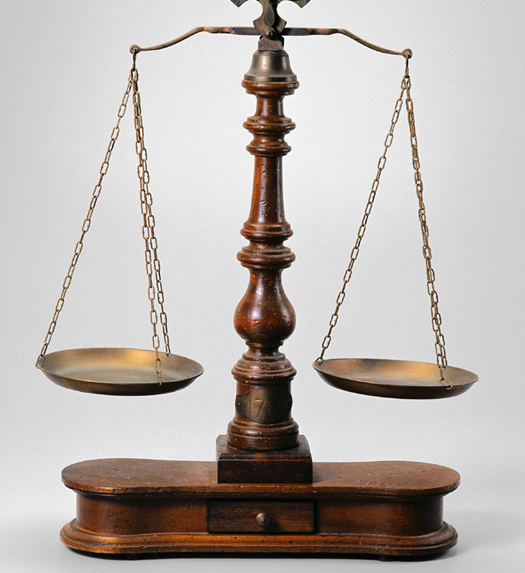New powers have come into force which will enable the police, local councils, social landlords and other agencies to tackle anti-social behaviour. The authorities define anti-social behaviour as a wide range of day-to-day incidents – from litter and vandalism, to public drunkenness or noisy or abusive neighbours – that can cause misery, to an individual or the wider community. The government has introduced the Anti-social Behaviour, Crime and Policing Act 2014 which provides powers to tackle anti-social behaviour.
New measures are:
· the criminal behaviour order – issued by the courts after a conviction for a criminal offence, the order would ban an individual from certain activities or places and require them to address the behaviour, for example by attending a drug treatment programme. A breach could see an adult face a prison term of up to five years
· the police dispersal power – this is a police power that can be used to disperse anti-social individuals and provide short-term respite to a local community. The power is preventative and allows an officer to deal with someone’s behaviour in a particular place and to confiscate related items
· the community protection notice – a notice for local authorities and police to stop persistent environmental anti-social behaviour, like graffiti, neighbour noise or rubbish on private land. This is an out-of-court power and breach is a criminal offence.
· the public spaces protection order – a local council power to deal with a particular nuisance or problem in a particular area that is detrimental to the local community’s quality of life, by imposing conditions on the use of that area which apply to everyone. This can be used to tackle issues like dog fouling and restricting the consumption of alcohol
· the closure power – the power allows the police or local council to close premises where anti-social behaviour has been committed, or was likely to be committed
· the new absolute ground for possession – which will speed up the possession process in cases where anti-social behaviour or criminality has already been proven by another court.
The 2014 Act also includes two new measures designed to give victims and communities a say in the way anti-social behaviour is dealt with:
· the community trigger, gives victims the ability to demand action, starting with a review of their case, where the locally defined threshold is met.
· the community remedy, gives victims a say in the out-of-court punishment of perpetrators for low-level crime and anti-social behaviour.
These powers are more flexible, quicker to obtain and less bureaucratic, making it easier for the police, local councils, social landlords and other local agencies to deal with anti-social behaviour and puts victims at the heart of the process.
Assistant Chief Constable Robin Smith, strategic lead for Neighbourhood Policing at Sussex Police, said: ‘We welcome the launch of the community trigger which will ensure that members of the public and victims of anti-social behaviour (ASB) and hate crime are receiving the service they need from us and our partners. Brighton and Hove Division was one of the locations in England in which the scheme was trialled and we know that it resulted in better outcomes as we continue to strive to meet a more locally-driven and victim-centred approach. We know that these crimes can have a serious impact on individuals, families and communities and encourage those who meet the threshold to contact us.”
The statutory guidance on the new powers has been published on gov.uk: https://www.gov.uk/government/uploads/system/uploads/attachment_data/file/352562/ASB_Guidance_v8_July2014_final__2_.pdf









